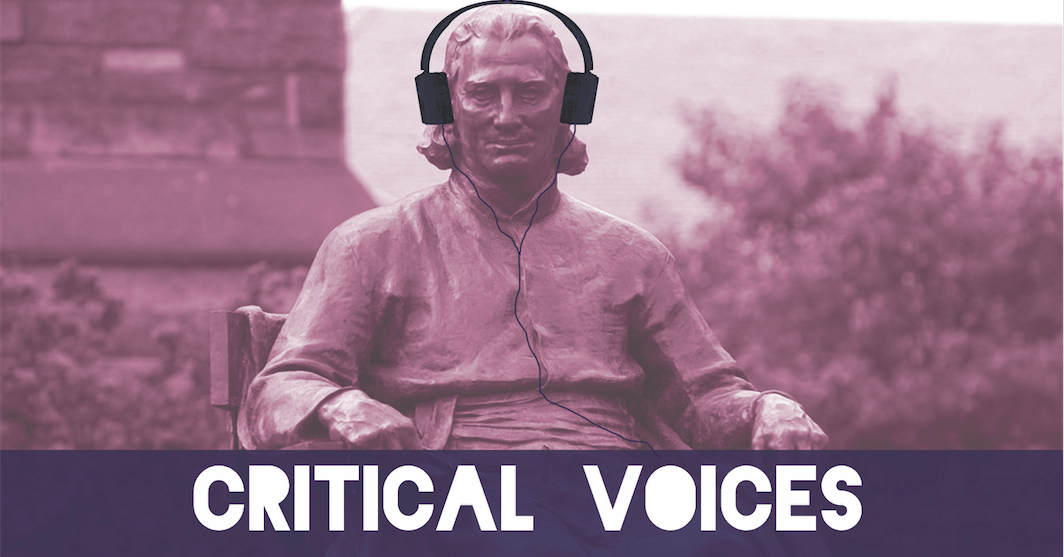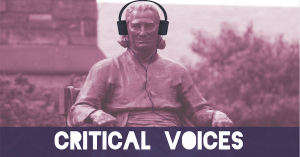No matter how long it’s been since his last project, every so often hip hop fans seem to find themselves hearing the familiar, yet always surprising news: Snoop is back. After his debut album Doggystyle went platinum four times in 1994, Snoop Dogg has been one of the most proliferous artists alive today. He’s released a total of fifteen solo studio albums (including a reggae album), a documentary, several TV shows, and earned both a WWE Hall of Fame induction and a charming friendship with Martha Stewart. On Oct. 27, the Doggfather released Make America Crip Again, his sixteenth studio album whose title promises a mixture of Snoop’s West Coast roots and topical political commentary.
If the blatant allusion to Donald Trump’s infamous campaign slogan did not tip the listener off, a listen to the opening track “M.A.C.A” will confirm any hunch. After an introductory skit and a hook intentionally reminiscent of Nas’s “The World Is Yours,” Snoop dives into an impressive performance on two verses that serve both as a critique of institutional racism in America and as a message of empowerment for struggling black youth. The triumphant sounding production and direct jabs at the President ostensibly seem to set the activist tone for the rest of the album.
That is, until the club-like synth beats of the second track “3’s Company” begin to play. What follows is an undeniably catchy, masterfully produced boast-track in which Snoop swaggers through a verse detailing his exploits with other members of the notorious Los Angeles Crip gang. Framed by a Chris Brown hook about three being company and guest verses by Brown and O.T. Genasis, “3’s Company” sounds straight out of a club in the early 2000’s or a top 40 radio station. While musically it ends up being one of the high points of the eight-track album, thematically its vacuous retelling of parties and other exploits clashes with the more substantial, political subject material of “M.A.C.A.”
The entire album is structured this way: devoid of any thematic or musical flow, jumping seemingly at random from idea to idea, sound to sound. Snoop contrasts “Good Feet,” a laidback 90’s-inspired track that has that unmistakable West Coast vibe, with “Dis Finna Be a Breeze!” and “None of Mine,” two more aggressive tracks that take obvious influence from the “trap” subgenre of rap music that is dominating the hip-hop scene. Above the less-than exciting production, Snoop raps in his distinctive aloof yet confident manner, but it feels more transplanted than natural when placed over such generic beats.
Snoop continues to wander, drifting lazily through the down-tempo “My Last Name” which serves as the album’s only love song, immediately followed by a condemnation of gang violence in “Sportscenter (Remix)” before concluding with the spacey, upbeat R&B track “Fly Away.” With so many clashing ideas framed with so many different genres and musical styles, it sounds like Uncle Snoop decided to sit down and ramble for half an hour about what’s on his mind.
Holistically, it is not the political protest album many listeners inferred it would be, but Snoop did not promise listeners a protest album. In a recent interview he explained that despite the title’s allusion to Trump, “it’s not a political statement or act. It’s just good music.” When asked about the title’s meaning, then, Snoop explained that the original purpose of the Crip gang was to look after black youth and act as role models, providing for these kids in a society that seemed to have left them for dead. To Snoop, making America “Crip” again is simply about empowerment of the black community and spreading positivity.
But even after one listen the thematic contradictions present in Make America Crip Again makes the listener wonder if there even is an overall purpose to the work. Snoop denounces the gangbanging associated with struggling black communities in “M.A.C.A,” urging these communities to unite against the institutional injustices that produced these conditions and rise above it, while simultaneously glorifying gang violence and the ‘honor among thieves’ when it comes to members of a gang in “None of Mine.” He raps about wild parties and exploits with women in “3’s Company” and “Dis Finna Be a Breeze,” but concludes with a love song to his wife in “My Last Name.”
It is structurally and musically incoherent, but it is also an enjoyable look into the mind of Snoop Dogg, an artist so universally adored and respected that he deserves our attention – and he has a lot to say. Snoop did not promise a concise narrative or unified sound, he promised “good music,” and occasionally he pulls through. “3’s Company,” while formulaic, would be a welcome addition to anyone’s party playlist. “Good Feet” is a welcome dose of nostalgia for the 90’s West Coast Snoop, while his verse on “Sportscenter” is delivered over changing rhythms with the precision of a true master.
It is difficult to dislike Snoop Dogg. As one of the most accomplished artists of our time he does not owe listeners anything, nor does he have anything to prove. His recent musical projects have the unmistakable casual air of a veteran weighing in on current issues rather than the aggressive urgency of younger rappers. Snoop’s platinum days are clearly behind him, and the musical content of Make America Crip Again simply does not compare to his earlier material. But for the 2017 version of Snoop: the loveable, aloof social media personality, Make America Crip Again is an entertaining gift occasionally mixed with visions of prior glory, and worth a listen.






